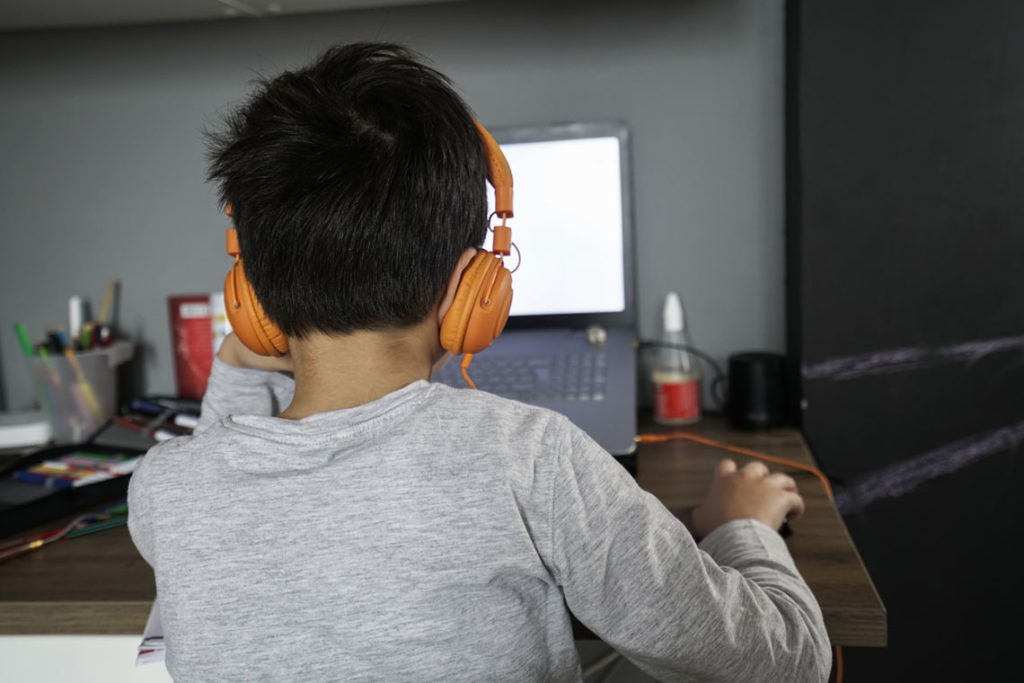
What is digital literacy and citizenship?
Digital literacy is the ability to use digital tools safely and effectively for communicating, collaborating and learning. Digital tools include devices, web browsers, apps, social media and other technology. The term ‘digital citizenship’ is slightly broader. It incorporates aspects of digital literacy, but is also defined as the norms of acceptable and appropriate behaviour when using technology.Why are they important?
Since technology is destined to be part of your child’s life well into adulthood, digital literacy and citizenship is crucial. Your child might know how to use a device, app or programme, but they might not understand the importance of ethical behaviour or taking responsibility for their actions online. Digitally literate kids understand that their online activity can impact their lives in the future. Anything they share online ought to be considered public, and could be found by teachers, potential employers and others years later. Children and teens who are digitally literate are also more likely to use technology safely, responsibly and ethically. They are also more likely to adapt to situations that require them to use technology more frequently, such as switching to remote learning during the recent global pandemic or using social media and the Internet in university.How can I encourage digital literacy and citizenship at home?
- Explore the online world together
- Talk to them about staying safe
- Show them how to use devices and platforms responsibly
- Help them understand their rights and responsibilities
- Work to improve your digital literacy and citizenship
